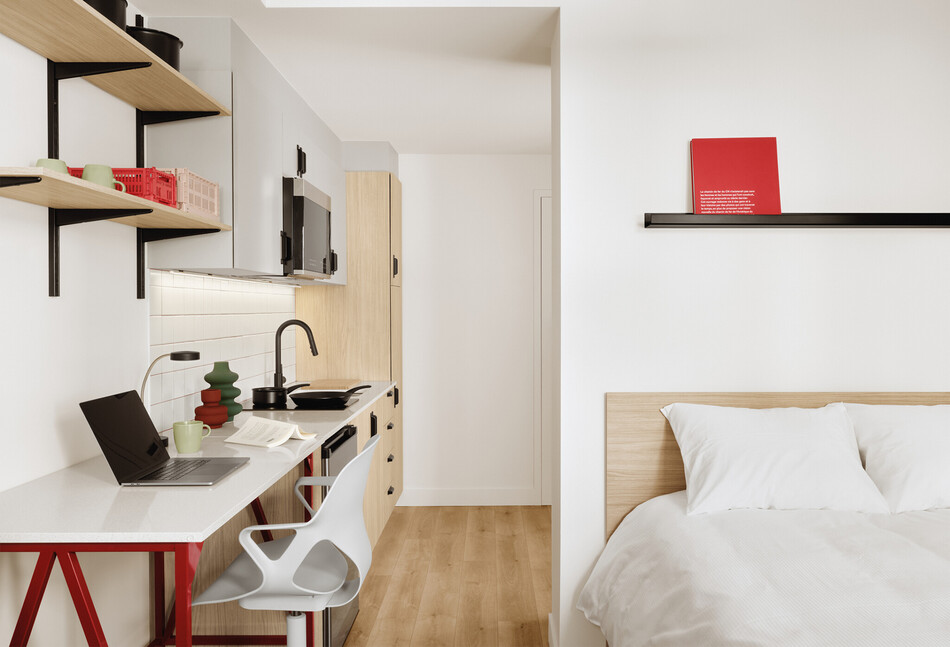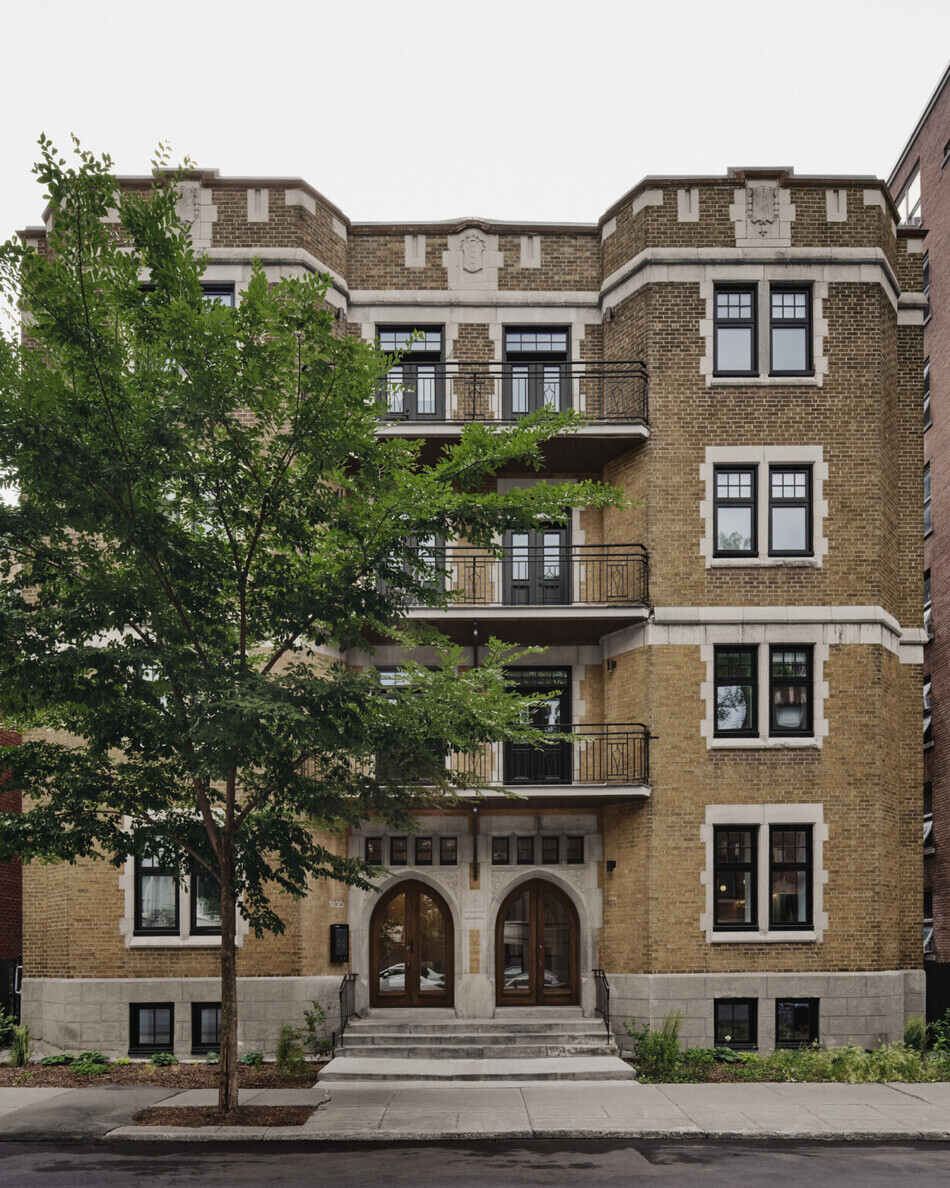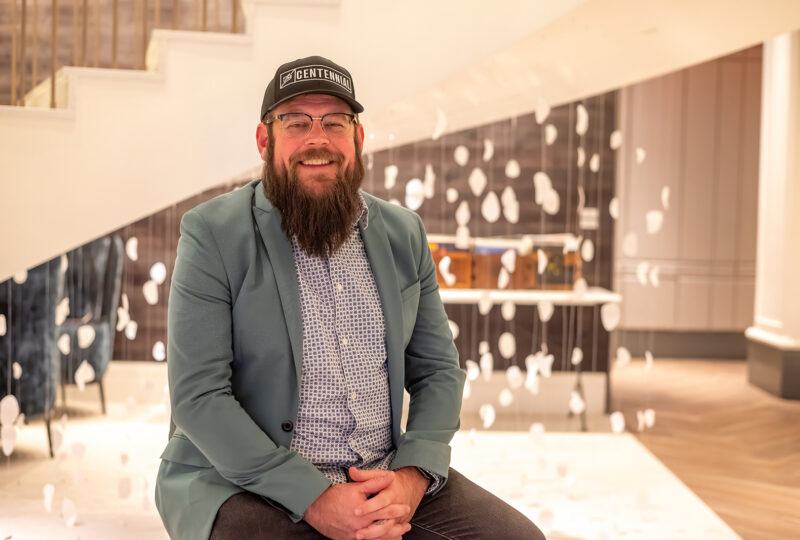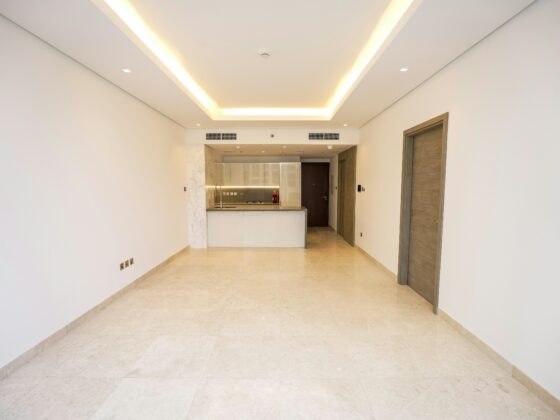Can you give us an overview of the student housing market in Quebec and in Canada more broadly?
Charles Paiement:
The student housing market in Canada is quite segmented. There is a significant difference between Quebec and the rest of the country. In English Canada, most universities are located in rural areas, where rental demand is lower. In Montreal, the situation is very different. With 1.5 to 2 million inhabitants and nearly 250,000 students in the five main universities, the demand for student housing is particularly strong, creating a shortage. Before the pandemic, we had already identified a need for 60,000 additional student beds in Montreal.
What are the main challenges in managing this demand in such a tight market?
Charles Paiement:
The housing shortage in Montreal, as in other major Western cities, is exacerbated by competition from non-student housing. Many students end up in shared apartments, which reduces availability for families. We have therefore seen growing interest from both public and private investors in developing student residences to meet this demand. Our approach is to offer premium housing that meets the comfort and safety needs of Canadian and international students, while also appealing to a wider audience.

What type of services and experience do you offer in your student residences?
Charles Paiement:
We focused on the student experience by offering services that go beyond simple accommodation. Our residences provide generous common areas and services such as a 24/7 concierge and bi-monthly cleaning. We also integrated amenities such as a Starbucks-style coffee machine, to provide students with an enhanced level of comfort. Our goal is to foster community and interaction among students, while ensuring a living experience that is both safe and enjoyable.

Your model seems close to hospitality. How does it differ from more traditional student residences?
Charles Paiement:
Indeed, we have adopted a model very close to hospitality. Our services and management are much more comparable to those of a hotel than a conventional residence. For example, we have dedicated staff on-site five days a week for the 60 tenants of our Montreal residence. This allows us to provide personalized service. Common spaces are designed to encourage social interaction, which is essential for creating a real sense of community. For us, luxury is not about superficial elements, but about the quality of the experience and services provided.
What are your future projects in this sector? Do you plan to expand beyond Quebec?
Charles Paiement:
We have several projects underway, including in rural areas near Montreal. We are currently awaiting government approvals to develop 597 rooms about 150 km from the city. In addition, we are working on a downtown Montreal project, near the Université de Montréal, to build 120 additional rooms. We are not ruling out opportunities outside Quebec, but there is still much to be done here before venturing elsewhere.
What impact have you observed on international students, particularly given current geopolitical concerns?
Charles Paiement:
Political fluctuations, notably tensions around immigration and delays in granting student visas, have a direct impact on our market. However, despite these challenges, we have seen an increase in the number of American students, who seek to avoid uncertainties linked to U.S. domestic politics. We are also preparing to attract more local students, particularly for projects like the 600 rooms we are developing in a region less dependent on international students.
Your service-based model also requires you to deal with operational issues, and your acquisition costs per tenant are high
Charles Paiement:
That is true, but that is how we designed our product to differentiate it from much more “basic” offerings. Some landlords purchase hotels that are no longer profitable and convert them into student residences. That is not at all the same level of service and amenities. It is also true that we have a very substantial SEA budget on Google, which is the most effective way we have found to reach students. We tried an approach via social media, but it proved less effective. Nevertheless, the model remains very efficient, and that is precisely why we continue to grow.
And if you had to do it again?
Charles Paiement:
We would go bigger! We acquired a heritage building where we kept only the façade. We completely restructured it to accommodate 66 students. If we had to do it again, we would be more ambitious.











